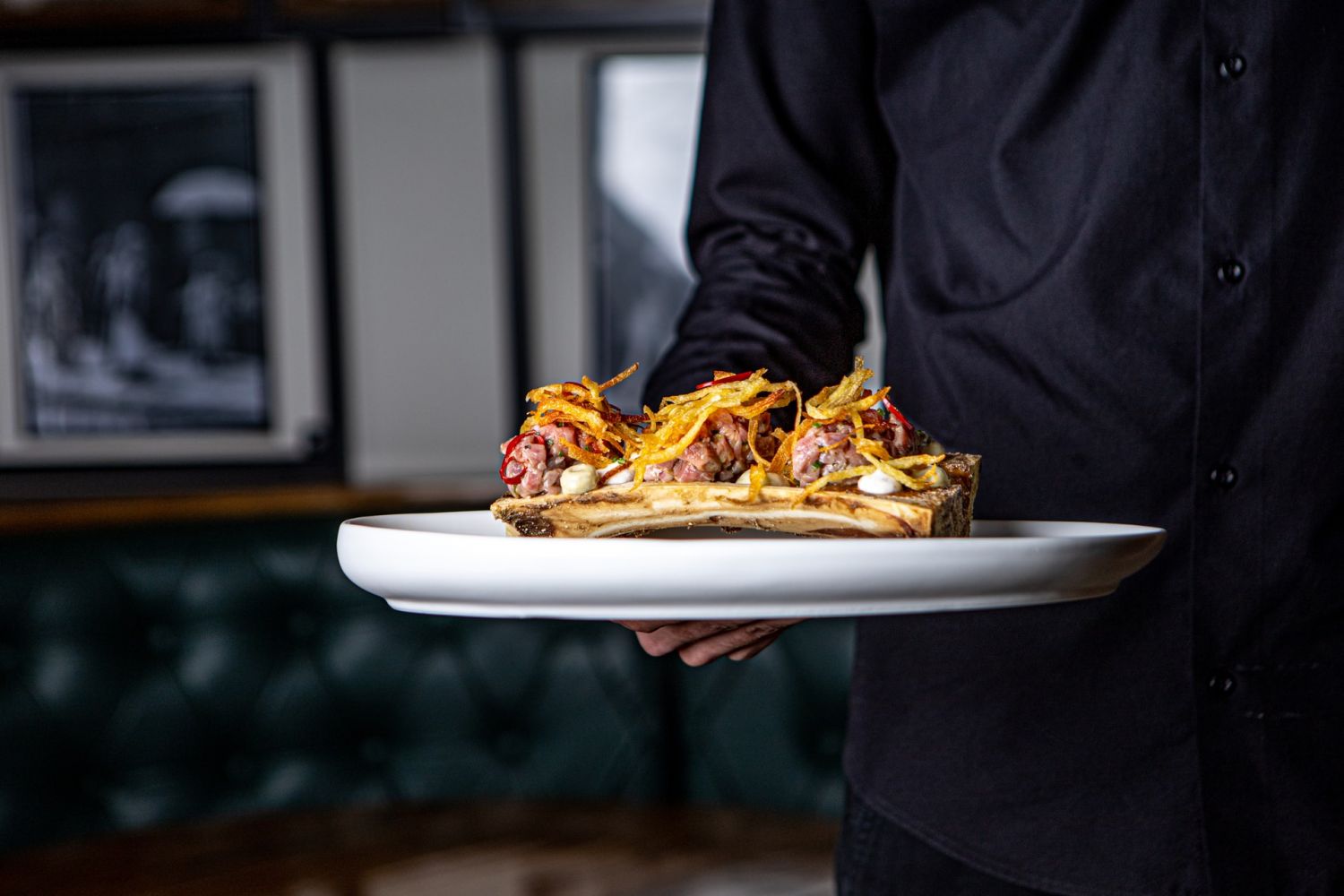Respected food and beverage industry insiders shed light on the impact a well-orchestrated table service makes in delivering the ultimate dining experience
In the cutthroat world of food and beverage, where people are so focused on delivering something bigger and better— customer service, at times, may have been pushed to the sidelines. It is a pity when diners are given masterful plates of food, only to encounter oblivious, unkept— or worse— ill-mannered servers.
Still, we ask: How important is front-of-house (FOH) training?

Naturally, food will always take centre stage. Food lovers will pursue inspired dishes prepared by dedicated cooks even in the most inconvenient circumstances and remote locations. In the food and drink business, what goes on the table will always be the number one priority, and business owners who are truly passionate about their product go to great lengths to maintain quality and consistency.
Restauranteur Ryan Cruz (Ramen Yushoken, Mendokoro Ramenba, Ramen Muarudori, Kazunori) is infamous for that reason, known to be bullish about the no-takeout rule for his ramen and the strict adherence to the recipes of their Japan-based chefs and partners who are undoubtedly some of the best. “We are, after all, in the business of delivering experiences that revolve around food. Some people may be able to forgive substandard service, but not food.”
See also: Where to Order Ramen in Metro Manila




